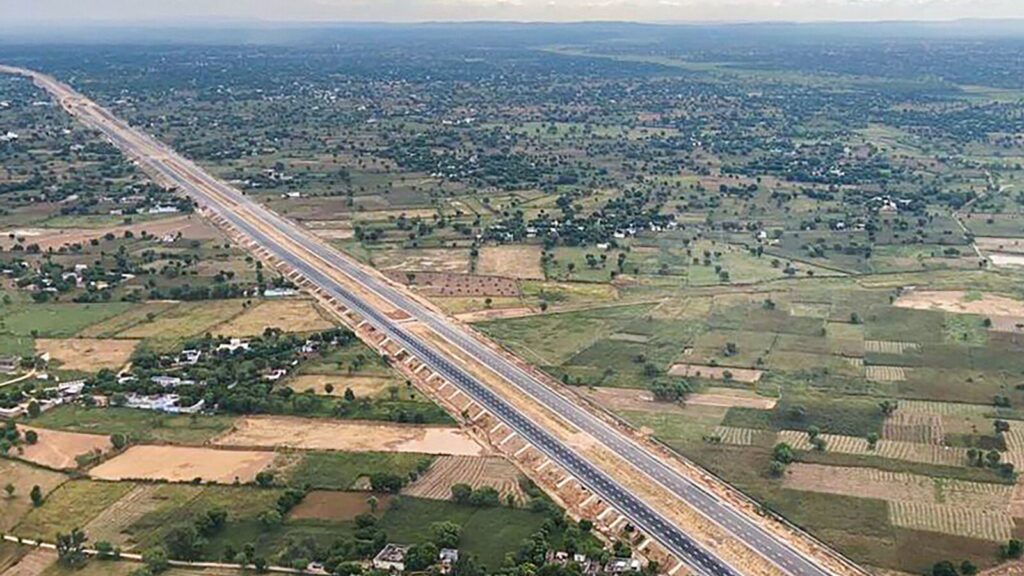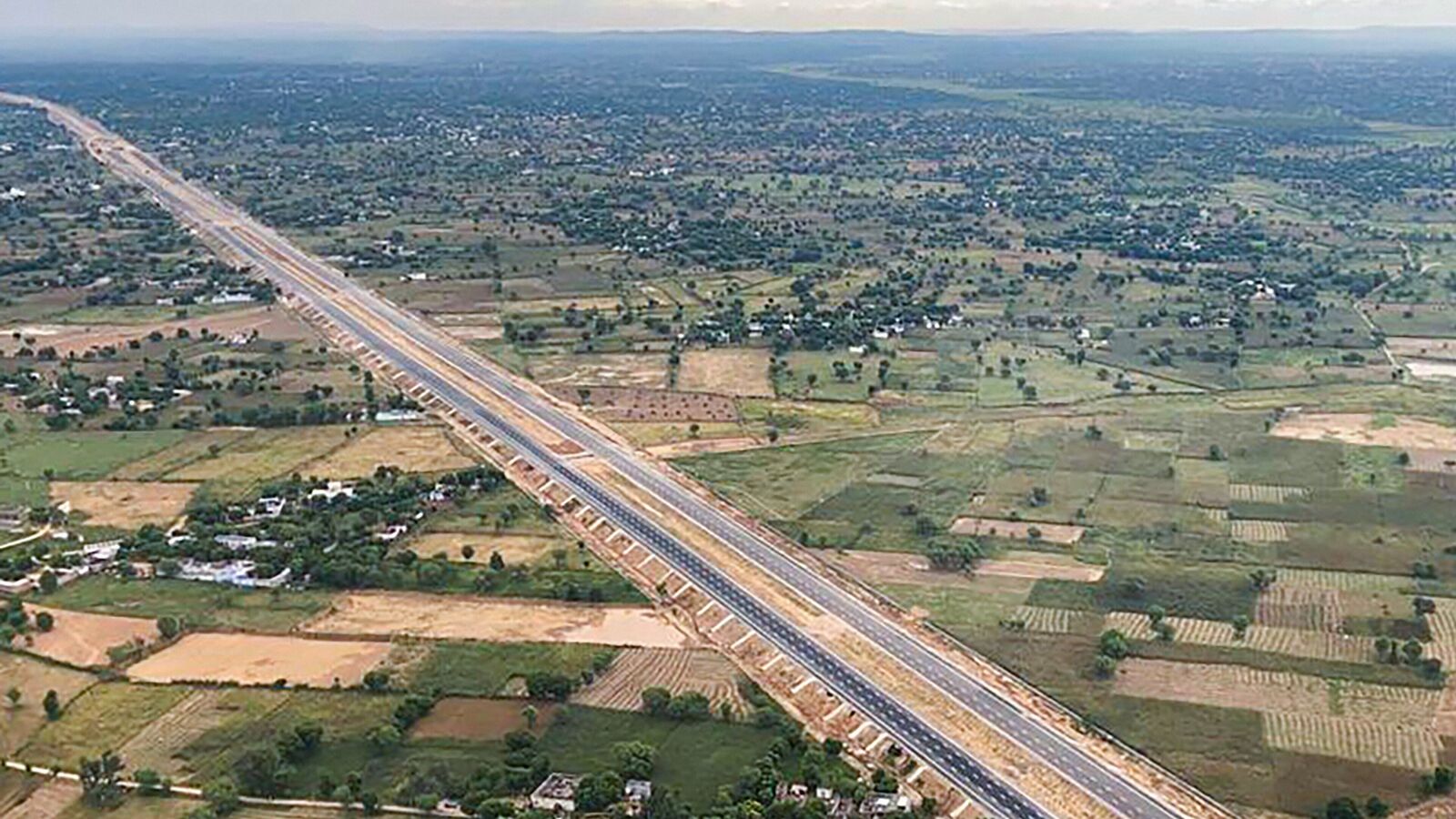India is gearing up to launch its first electric highway between Delhi and Jaipur, marking a major milestone in green mobility. Here’s everything you need to know about this eco-friendly expressway project.

India is on the fast track to sustainability with a game-changing infrastructure project—its first electric highway, currently being developed between Delhi and Jaipur. Designed to support electric vehicles, particularly electric trucks and buses, this project is being hailed as a revolution in green transportation.
With the Indian government pushing hard for decarbonization and EV adoption, this electric highway is set to play a pivotal role in transforming India’s transport sector. But what exactly is an electric highway? And how will it impact logistics, daily commuters, and the environment?
Let’s take a closer look.
What Is an Electric Highway?
An electric highway is a road equipped with infrastructure that enables electric vehicles (EVs) to either recharge on the go or have access to frequent charging stations along the route. These highways can use different technologies like:
- Overhead power cables (like electric trains)
- Inductive charging (wireless charging built into the road)
- Ultra-fast charging stations at regular intervals
India’s upcoming electric highway is expected to use a combination of dedicated EV lanes and charging stations, making it EV-friendly without requiring advanced overhead systems initially.
Project Highlights
Here are the key details of India’s first electric highway project:
- Route: Delhi to Jaipur (approximately 278 km)
- Spearheaded by: National Highways Authority of India (NHAI)
- Charging infrastructure: Planned every 40–60 km
- Focus: Commercial EVs (e-trucks, buses), eventually extended to private EVs
- Energy Source: Renewable energy like solar and wind will be used to power the stations
- Expected Completion: Pilot run by end of 2025
The project is currently in the trial phase, with charging stations under construction and road enhancements underway to support heavy EV movement.
Why This Matters
India has committed to net-zero carbon emissions by 2070, and transport contributes over 14% of total emissions. Shifting freight and long-distance travel from diesel to electric can have massive environmental and economic benefits.
Key Benefits:
- Reduced Carbon Emissions
Transitioning cargo trucks and buses to electric will drastically cut down emissions. - Lower Operating Costs
EVs offer lower fuel and maintenance costs—huge savings for logistics operators. - Boost to EV Manufacturing
Encourages more companies to invest in electric commercial vehicles and batteries. - Cleaner Air and Noise Reduction
Reduces pollution on one of India’s busiest routes.
Industry & Government Reactions
The project has received support from various sectors:
- Nitin Gadkari, Union Minister for Road Transport, said: “India needs logistics that are clean, cost-efficient, and future-ready. Electric highways are the need of the hour.”
- EV companies like Tata Motors and Ashok Leyland have expressed interest in producing e-trucks compatible with highway charging infrastructure.
- Private logistics firms such as Delhivery and Blue Dart are monitoring developments closely for future fleet adoption.
Challenges Ahead
While the project is promising, there are hurdles to overcome:
- Battery Range: Heavy commercial EVs still face range limitations.
- Initial Cost: Infrastructure setup and EV conversion can be capital intensive.
- Charging Speed: Even fast chargers require downtime, unlike quick diesel refueling.
- Training and Adoption: Drivers need to be trained to handle electric heavy vehicles.
To address these, the government is offering incentives for commercial EVs, promoting battery swapping, and planning solar-integrated charging hubs along the route.
What’s Next?
The Delhi–Jaipur electric highway is only the beginning. Future projects may include:
- Delhi–Mumbai Expressway expansion with EV zones
- Battery swapping stations for buses and cargo vans
- Smart traffic management tailored for EV routing
- Public-private partnerships to fund and maintain charging stations
Long-term, these electric highways could connect major metros and ports, turning India into a green logistics superpower.
Final Thoughts
The Delhi–Jaipur electric highway is more than a piece of infrastructure—it’s a symbol of India’s commitment to sustainable mobility. As EV technology evolves, projects like this will reduce fossil fuel dependency, support local manufacturing, and create cleaner, greener cities.
Whether you’re a logistics provider, daily commuter, or tech enthusiast, this project represents a bold step toward a smarter and more eco-friendly future for Indian roads.

